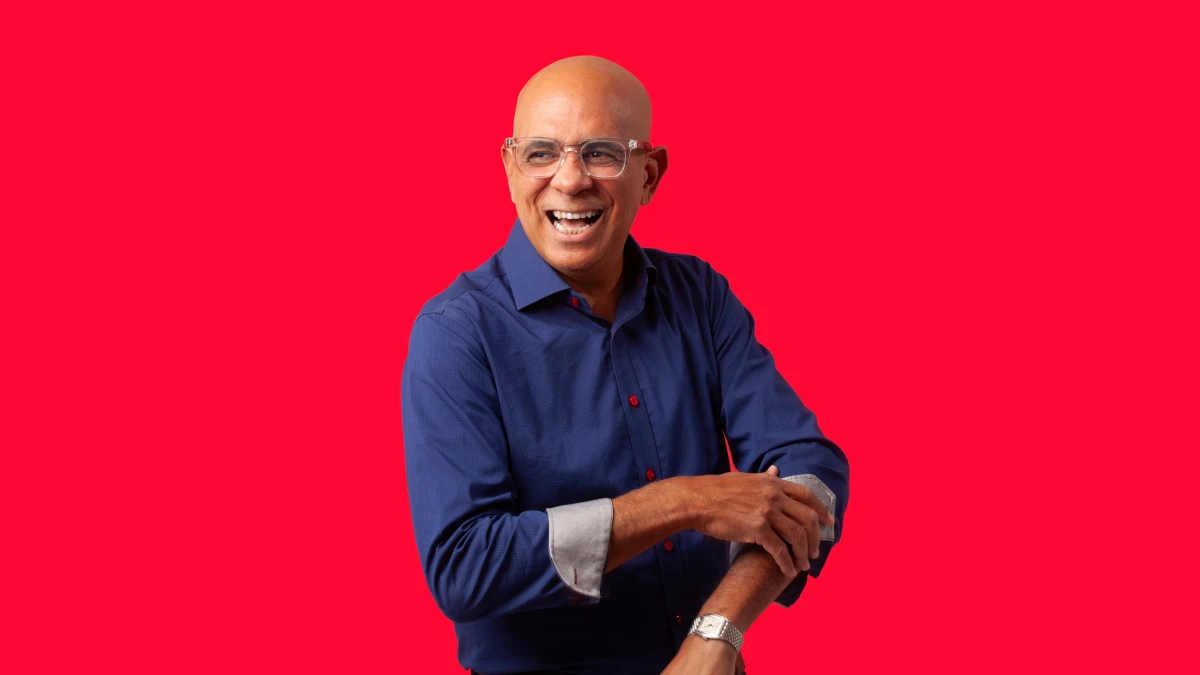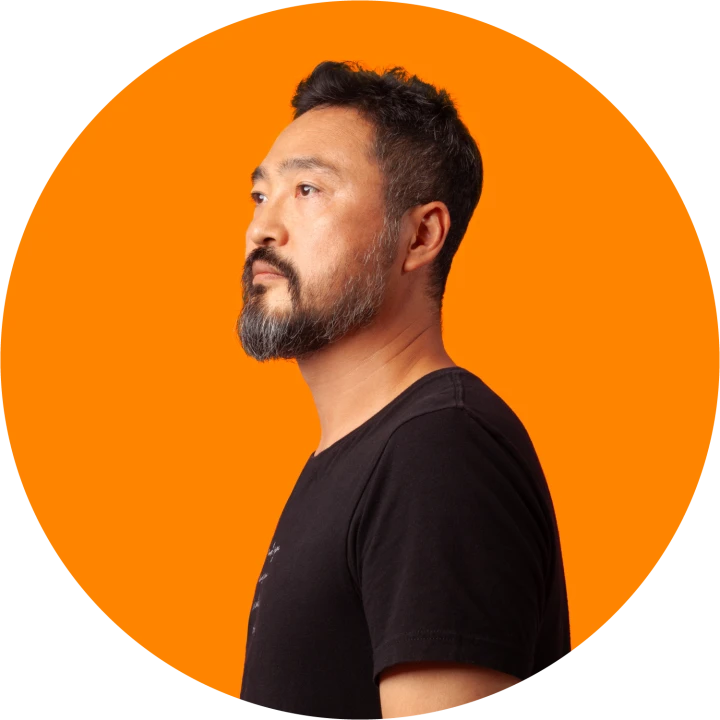At any company, your culture should draw people in, making them want to join your organization and stay with you. But building a magnetic culture takes thought. With firsthand experience nurturing the culture at Agenda, our CEO has thoughts on what it takes to do it right.
Q. How do you find the balance between building a company’s culture versus letting it form and emerge organically?
A. I don’t think of it as balancing two things—they’re one and the same. To me, building a culture is like growing a seedling. You plant it, purposely do something and then it grows organically. I often think that growing a culture is analogous to team sports. In team sports, you have a single goal—winning. You may have coaches and teams that kill everything on their way to winning, whereas other teams find harmony among the players, and that harmony leads to winning. In a company, you get to define your ultimate goal. Then, like with a sports team, everyone within the culture does their part to achieve the same goal. So, to me, that's organic.
Q. How would you describe Agenda’s culture?
A. Our culture is about working towards radical transparency. It’s what frames all our decisions. So, that’s the intention, and one needs to label it because it provides clarity. Then, our intention comes alive through our values and rituals. For example, one of our values is ‘Do it like Aretha’, which is all about respect, so how do we show our respect for you? We show it in our benefits, how we speak to each other, our awareness of what's happening in each other’s lives, our flexible work culture and the list goes on. We want each of you to have a sense of belonging and to come as you are, not that you need to fit into this machine. We want it to feel like you belong here. Wholly, as you are.
Q. What has been the process for creating our culture?
A. I think we’re still developing it. In the past, we focused on the health of the business and careers in that order, without specific expression as to how we would achieve those things. The pandemic gave us time and space to reconsider what kind of business we wanted to build. And we realized there is this other part that we naturally, as people, account for, but as a business, we had never stuck our head out and said, “Hey, this too is important.”
We’re conscious that people will come to Agenda because they’re promised an annual salary and benefits that will help advance their careers. And chances are, if asked, anybody would say these are the reasons I stay or go. While benefits and career advancement are the price of entry, the ultimate reason people choose to stay here has to be the culture. So that was our realization, and we continued to finesse it, label it, try it, and say: This is us.
Q. What is the relationship between brand and culture?
A. If you re-brand yourself, does it change who you are? It doesn’t—it should reflect who you are. And who you are should also be reflected in your culture. Branding is about sending signals that reflect your culture and intention. What’s the signal we want to send? It’s about knowing yourself and syncing up your labels to communicate who you are and what you care about. The problem is that too many great brands need to be labeled correctly. Our job is to find out who they are, properly label their uniqueness and tell that story.
Q. What advice would you give company leadership when it comes to building a culture that feels organic?
A. Someone said the day you find your “why” it should make you want to cry. Because it's so self-evident, you feel it in your gut.
So, the first thing I would do is clarify what you believe in and what only you can bring to the world. Then, elegantly label those beliefs. Once you have that, identify rituals that exemplify those beliefs. To get there, speak to your employees, management and best customers. These people have your best interest in mind and know what makes you awesome.





